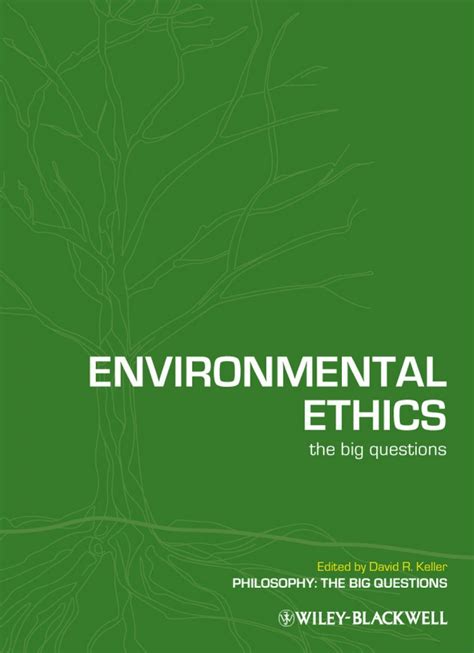As the world grapples with the challenges of climate change, conservation, and sustainability, the field of environmental ethics has become increasingly important. Environmental ethics theory provides a framework for understanding the moral and philosophical dimensions of human relationships with the natural world. Here, we will explore five key readings in environmental ethics theory that have shaped the field and continue to influence contemporary debates.
The Land Ethic

Aldo Leopold's "The Land Ethic" (1949) is a seminal work in environmental ethics. Leopold, a renowned ecologist and conservationist, argued that humans have a moral obligation to protect the natural world. He proposed a land ethic that extends the concept of community to include not just humans, but also the land and its inhabitants. Leopold's work has had a profound impact on environmental thought and continues to inspire contemporary debates about the human relationship with nature.
The Tragedy of the Commons

Garrett Hardin's "The Tragedy of the Commons" (1968) is a classic article that explores the problem of overuse and degradation of common resources. Hardin argued that when resources are shared and unregulated, individuals will inevitably exploit them, leading to their degradation. This concept has been applied to a wide range of environmental issues, including climate change, deforestation, and pollution.
Deep Ecology

Arne Naess's "The Shallow and the Deep, Long-Range Ecology Movement" (1973) introduced the concept of deep ecology. Naess argued that environmentalism must go beyond mere reform and instead challenge the fundamental values and assumptions of modern society. Deep ecology emphasizes the intrinsic value of non-human life and the need for humans to adopt a more humble and respectful relationship with nature.
The Gaia Hypothesis

James Lovelock's "Gaia: A New Look at Life on Earth" (1979) proposed the Gaia hypothesis, which suggests that the Earth's physical and biological systems are interconnected and function as a single, self-regulating organism. Lovelock's work has had a significant impact on environmental thought, emphasizing the importance of understanding the Earth as a complex, holistic system.
Ecological Citizenship

Andrew Dobson's "Citizenship and the Environment" (2003) explores the concept of ecological citizenship. Dobson argues that environmental protection requires a new form of citizenship that emphasizes the rights and responsibilities of individuals to protect the natural world. Ecological citizenship emphasizes the importance of individual action and collective responsibility in addressing environmental challenges.
Gallery of Environmental Ethics






FAQs
What is environmental ethics?
+Environmental ethics is a branch of philosophy that explores the moral and philosophical dimensions of human relationships with the natural world.
Who are some key thinkers in environmental ethics?
+Some key thinkers in environmental ethics include Aldo Leopold, Garrett Hardin, Arne Naess, James Lovelock, and Andrew Dobson.
What is the significance of environmental ethics in contemporary debates?
+Environmental ethics provides a framework for understanding the moral and philosophical dimensions of human relationships with the natural world, which is essential for addressing contemporary environmental challenges such as climate change, conservation, and sustainability.
We hope this article has provided a comprehensive overview of five key readings in environmental ethics theory. As we continue to grapple with the challenges of environmental degradation and sustainability, it is essential to engage with the ideas and concepts presented in these works. By exploring the moral and philosophical dimensions of human relationships with the natural world, we can work towards creating a more sustainable and equitable future for all.
